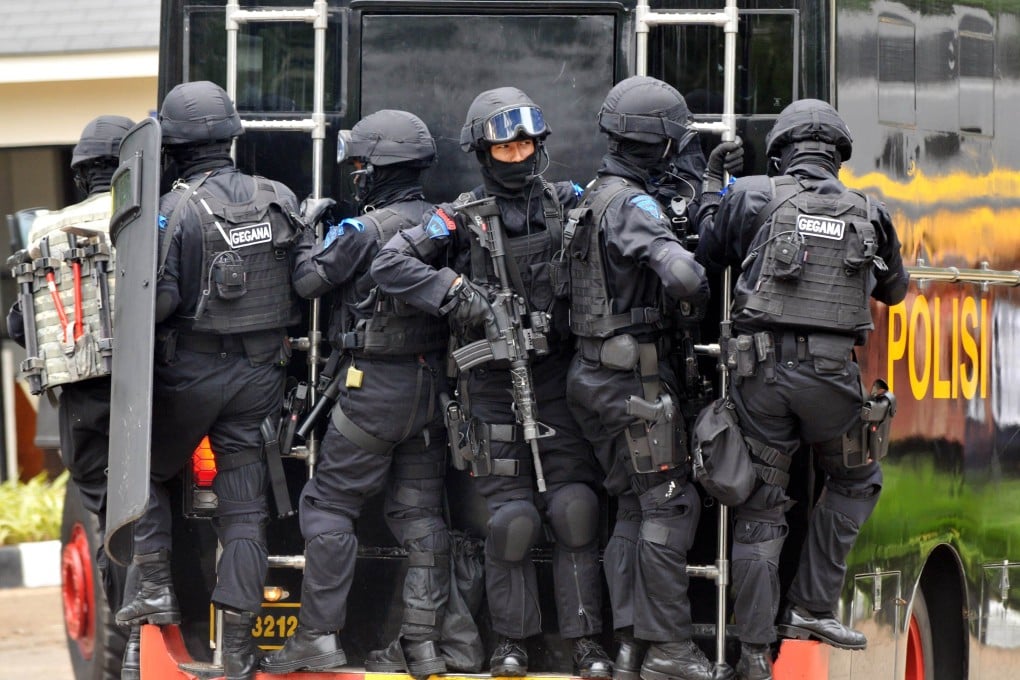‘US still the target’: Indonesia’s arrest of Jemaah Islamiah terrorist leader reveals thousands of recruits
- JI said to be in ‘damage control’ after detention of Ustad Arif but expected to be operating normally in six months to a year
- Group is now raising funds through various business activities as it seeks to establish an Islamic caliphate in Indonesia and the southern Philippines

About two months ago, Indonesian counterterrorism task force Detachment 88 arrested a little-known cleric named Ustad Arif, according to a senior security source.
“Ustad Arif was arrested about two months ago,” a senior security source told This Week In Asia on condition of anonymity this past week before adding a tantalising detail: “He has links to Malaysia, but those links have not been profiled. They are sleeper cells.”
Following the JI-masterminded 2002 Bali bombings, which killed 202 people, including 11 Hong Kong residents, JI had split into two factions, said Robi Sugara, a lecturer and counterterrorism analyst at Syarif Hidayatullah Islamic University in Jakarta. One faction believed in violent jihad and supported al-Qaeda and later, Islamic State, while another believed in what Sugara called “jihad proselytisation”.
JI suffered a near extinction in 2007 when an armed clash with police in Poso, Central Sulawesi, led to the arrest of more than 40 of its members, including top leaders, according to a 2017 report by the Institute for Policy Analysis of Conflict (IPAC). From 2007, it has also been known as “neo-JI”, IPAC said.
Sugara said it was mostly members of the jihad proselytisation faction of JI that were arrested recently as “they supplied funds to terrorists”.
